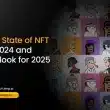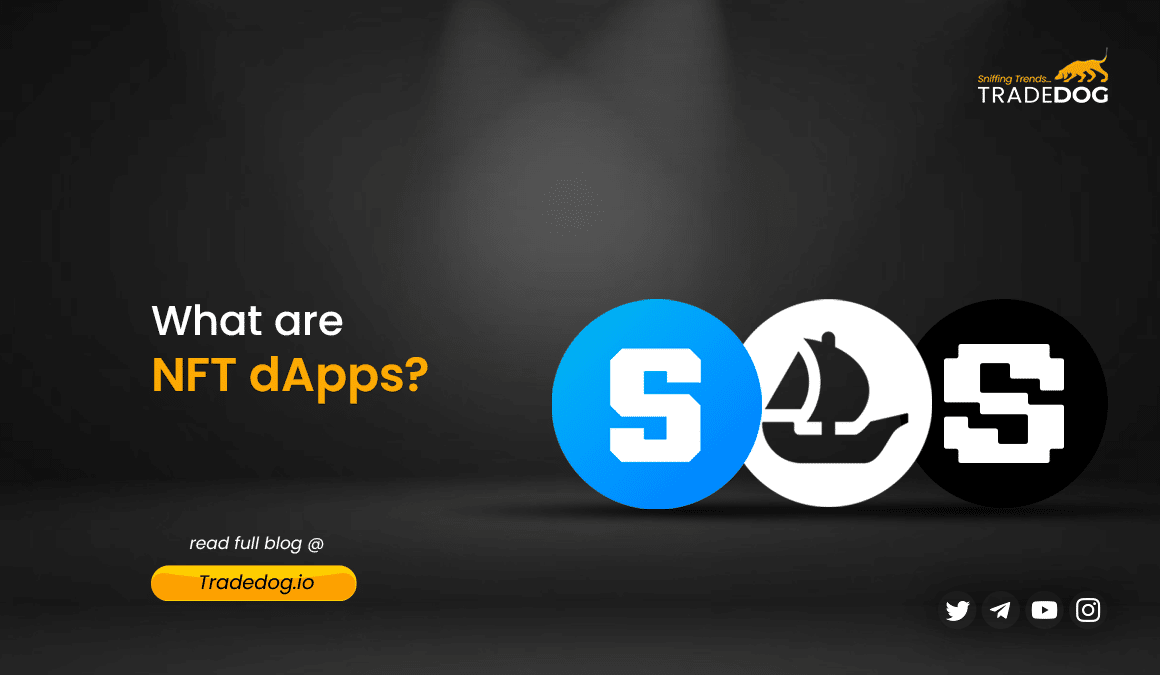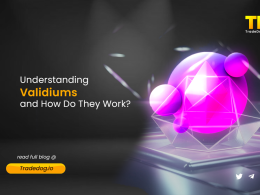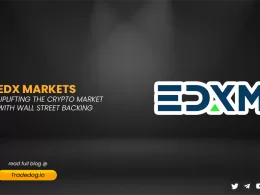Quick Links
In the ever-evolving world of blockchain technology, two terms have been making waves: NFT and DApps. Before we dive into the fascinating realm of NFT dApps, let’s break down these two buzzwords.
What is an NFT?
NFT, short for Non-Fungible Token, is a unique digital identifier that’s recorded on a blockchain. Unlike cryptocurrencies such as Bitcoin or Ethereum, which are fungible (meaning one unit is interchangeable with another), NFTs are non-fungible, meaning each one is distinct and cannot be replicated or divided. This uniqueness makes NFTs ideal for certifying ownership and authenticity of digital assets, such as digital art, collectibles, and even virtual real estate.
What are DApps?
DApps, or Decentralized Applications, are digital applications that run on a blockchain network. Unlike traditional apps that rely on a single central server, DApps are distributed across a network of computers, making them more secure, transparent, and resistant to censorship. Dapps can be of many kinds, tracking dApp, educational dApp, Marketplace dApp, etc.
NFT dApps
NFT dApps are decentralized applications specifically designed to interact with Non-Fungible Tokens. These apps allow users to buy, sell, create, and trade unique digital items, such as digital art, collectibles, and virtual assets, all within a secure and transparent environment. For example, three prominent NFT dApps: OpenSea, Axie Infinity, and Blur!
Use Cases of NFT dApps
Digital Art: NFT Dapps enable artists to present their work in digital form, reaching a wider audience and exploring new avenues for artistic expression.
Gaming: NFT Dapps provide gamers to engage in selling, buying, and swapping in gaming characters, skins, or weapons. This fosters a vibrant ecosystem where gamers can explore and exchange digital goods within their favorite gaming universes.
Virtual world: NFT Dapps facilitates the creation and exchange of virtual land, buildings, avatars, and other digital assets within immersive virtual environments. This allows users to participate in rich virtual experiences while owning and trading valuable digital properties.
Media: NFT Dapps empower musicians, filmmakers, and content creators by allowing them to tokenize their work. This grants ownership rights to their creations, enabling direct monetization through sales and royalties.
ID and ticketing: NFTs are revolutionizing the field of identification and ticketing by providing a secure and immutable way to authenticate individuals and tickets. With NFT Dapps, users can securely store and manage their digital identities and tickets, ensuring seamless access to events and services while minimizing the risk of fraud and counterfeiting.
Supply chain: NFT Dapps offer a seamless solution by providing a transparent and immutable ledger for tracking products from their origin to the consumer’s hands. Through NFTs, each item can be uniquely identified, ensuring authenticity and traceability throughout the entire supply chain process. This not only enhances trust and accountability but also enables efficient management of inventory, reducing the risk of counterfeit goods entering the market.
Benefits of NFT dApps
- Freedom: NFT dApps are not controlled by a single entity, making them more open and flexible.
- Transparency: All transactions are recorded on the blockchain, ensuring transparency and trust.
- Privacy: You don’t need to share personal information, and you have control over your data.
- Efficiency: They’re faster and more cost-effective because they don’t rely on intermediaries.
- Ownership: NFT dApps allow you to own and trade unique digital items, like in-game assets.
Drawbacks of NFT dApps
- Complexity: They can be challenging to use, especially for beginners.
- Cost: Some dApps can be expensive to use, especially during high traffic.
- Security: As a relatively new technology, there can be risks of hacking or scams.
Conclusion
NFT dApps represent a significant advancement in the blockchain space, offering a decentralized platform where users can interact with unique digital assets. By addressing the limitations of both NFTs and DApps, they provide a seamless and secure environment for buying, selling, and creating NFTs. Despite some challenges, such as complexity and costs, NFT dApps hold immense potential for revolutionizing digital ownership and engagement, making them a promising area for further exploration and development in the blockchain ecosystem.









